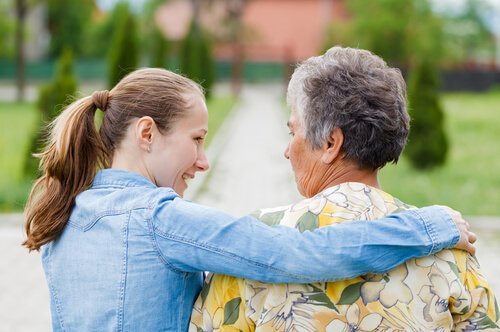Caring about someone
It takes determination and strength to help the sick or elderly in their daily life. Caring is also a job people prefer to do. Caregiver is a job to be respected. Caregivers can be called upon to provide a wide variety of assistance with activities of daily living, including bathing, toileting, dressing, medications, and eating. Almost all caregivers have to work long hours, and they have to be quite careful at this time.
Caregiver’s Feelings
Caregivers feel a lot of emotions all of the work-day. Some important emotions, impatience, fear, guilt, lack of appreciation and loneliness. Spending all your time caring at someone makes you feel tired. At the end of the day, they may be too tired to join social activities, this leads to a worsening of family and social relationships of caregivers which place more responsibility on caregivers.
Some caregivers blame themselves for a bad relationship or they think them forgotten. These are reasons to cause a psychological and physical sickness. Some caregivers always face the feeling of guilt, for not loving or even liking the person in need of care at times. If the person in need of care gets hurt or something else happens, there is guilt about it being your fault that it happened.
Commonly, caregivers don’t share the feelings with no one. Sharing emotions with others relieve fear. Some people in need of care, don’t listen to caregivers and they don’t want to do what they say. Caregivers occasionally have to spend a long time to do a task and this situation can make caregivers more impatient.
How To Manage Your Feelings
Emotional support: Sharing emotions with others relieves stress and may offer a different perspective on problems. These are helpful steps to improve the emotional and physical health of caregivers. Talk to friends or family who give you positive support. A therapist can be a great help, too.
Wellness actives : Many caregivers neglect their own emotional, physical and spiritual needs. Wellness encompasses healthy all-around living. Some studies suggest eating a balanced diet, getting at least seven hours of restorative sleep, regular exercise caring for emotional health by way of a mental health provider. Try to : Get enough sleep, meditate or yoga.
Stay active and social: Connecting with others in similar situations is powerful, because you no longer feel isolated and you can learn from others. And keep up with hobbies, community groups, and activities that bring you joy and meaning.
Accept help: The more help and support you accept, the better it will make you feel. You do not have to do it all, nor is it healthy to do it all. The best way to avoid burnout is to accept help. People often want to help; just ask. Whether you become a caregiver gradually or all of sudden due to a crisis, or whether you are a caregiver willingly or by default, many emotions surface when you take on the job of caregiving. Whatever your situation, it is important to remember that you, too, are important

